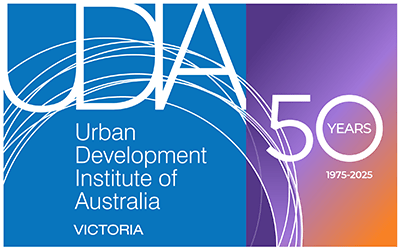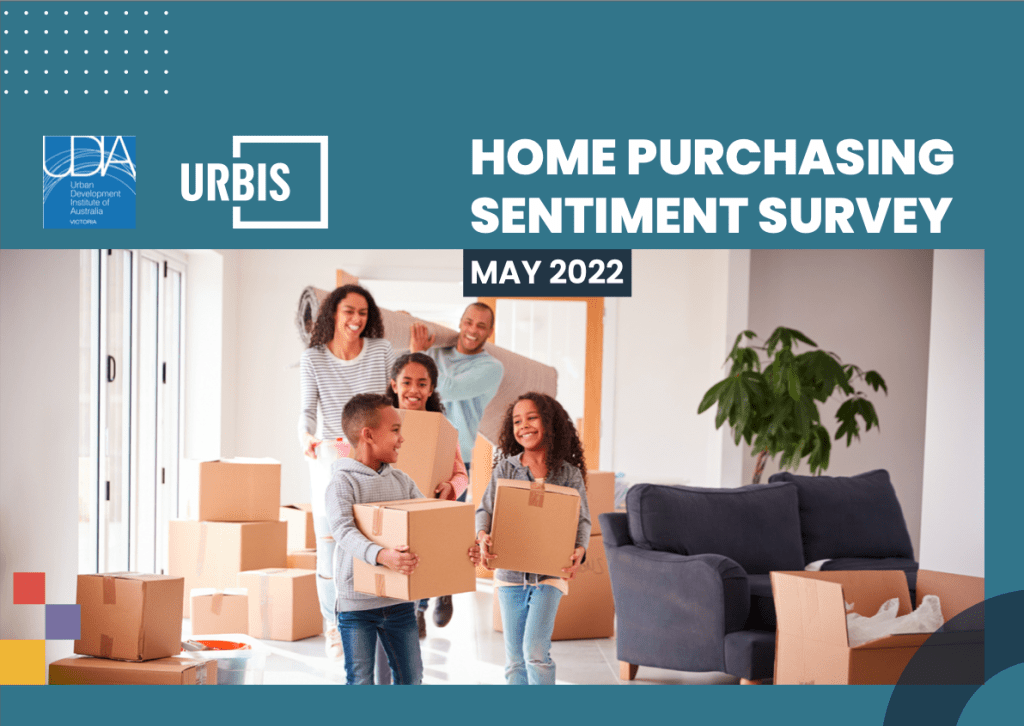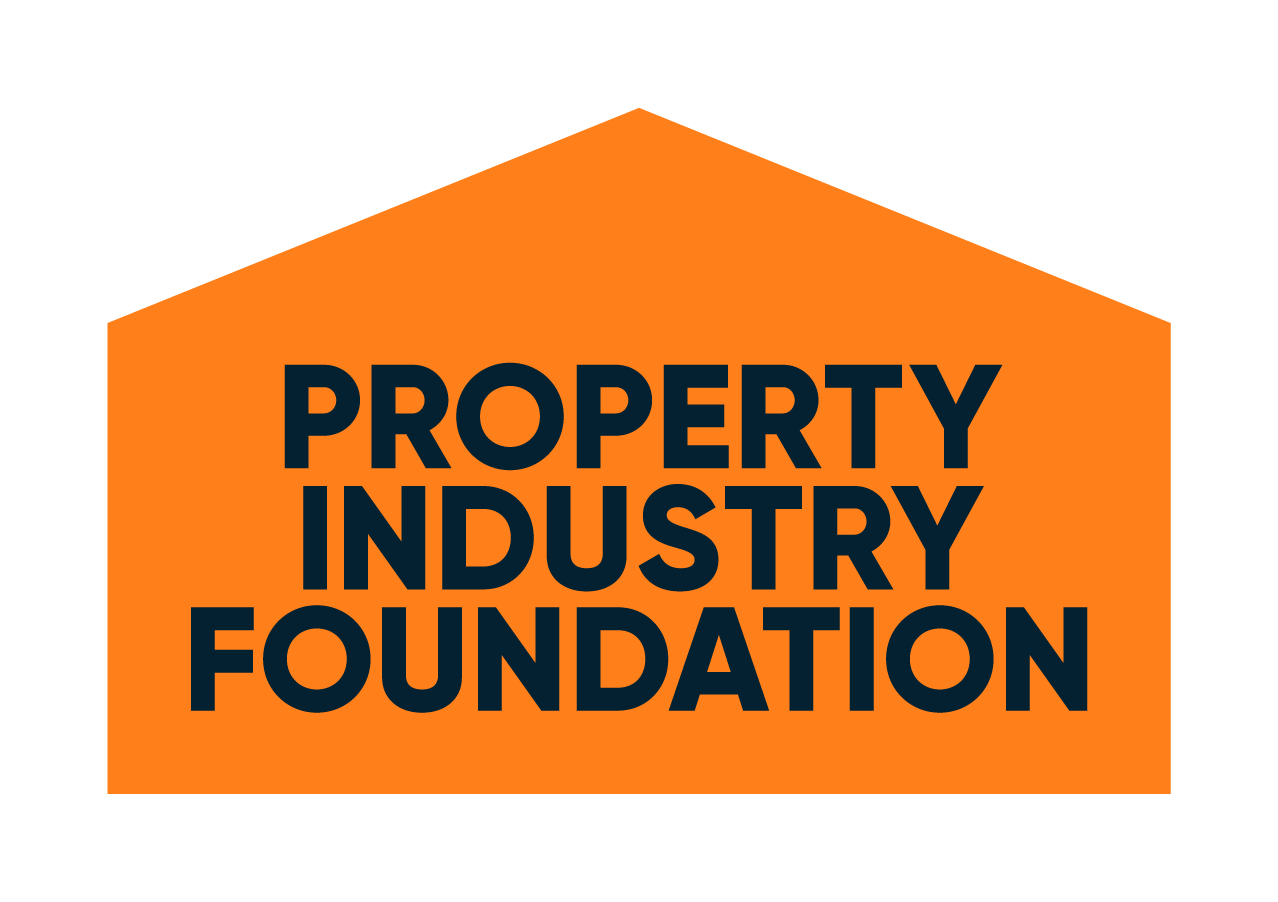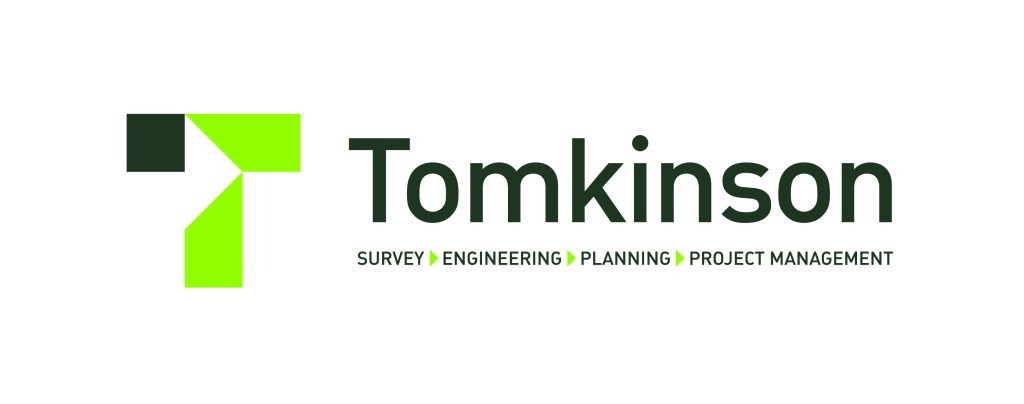Executive Summary
UDIA Victoria in partnership with Urbis is delighted to present to members the results of the third Melbourne Home Purchasing Sentiment Survey. The survey offers insight into how 503 people aged 21 years and over viewed the residential market in May 2022.
This survey is undertaken on a biannual basis to provide a clear image of current and future market sentiment. We hope this information will support both UDIA Victoria’s advocacy priorities and our members’ understanding of the present market.
This edition of the survey found a reduction in positive sentiment amongst Melbourne home purchasers with 35% of respondents being positive about the housing market, down from 44% in October last year and 45% in May 2021.
The proportion of survey respondents who had a negative perspective about the prospect of purchasing property in the current market rose sharply to 36% of respondents. That figure is up from 28% recorded in October 2021.
Residents who would consider purchasing property as an owner occupier were more optimistic than investors, with 40% of prospective purchasers for owner occupation being positive about the market compared to 30% of investors.
Survey respondents retained robust expectations of short-term market activity, with a 37% expecting residential property prices to increase over the next six months, this has fallen from 57% in May 2021 and 60% in October 2021.
This figure remained high at 44% for price growth expectations over the next 12 months, and increased further to 52% for respondents expecting property price increases over the next 18 months.
Price expectations of respondents appear to have heavily influenced the likelihood of when respondents will be purchasing a residential property, with just 9% of owner-occupiers looking to buy in the next six months and 15% next 12 months, with this figure lifting to 23% in the next 18 months.
Overall, home purchasers retained a preference for single detached houses, with 70% of buyers looking for a single house (19% for new build, 51% for established). However, higher density options such as medium density and apartments remain an important option for survey respondents (including retirement living units), with a combined 24% most interested in living in these types of housing.












